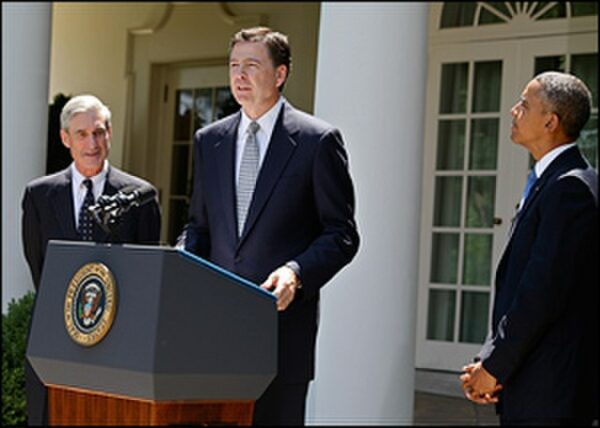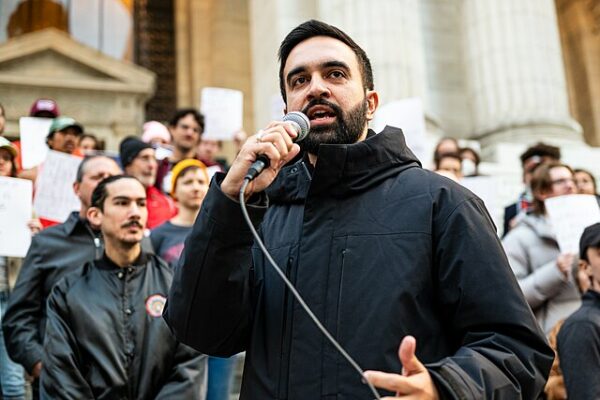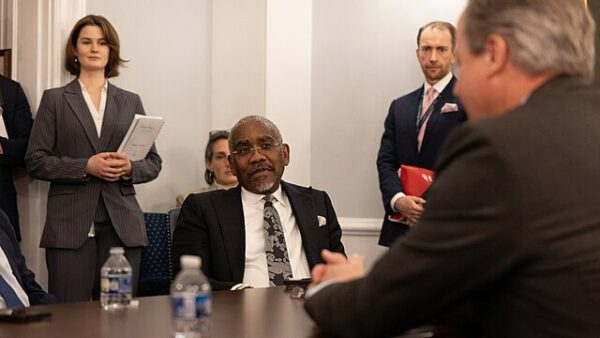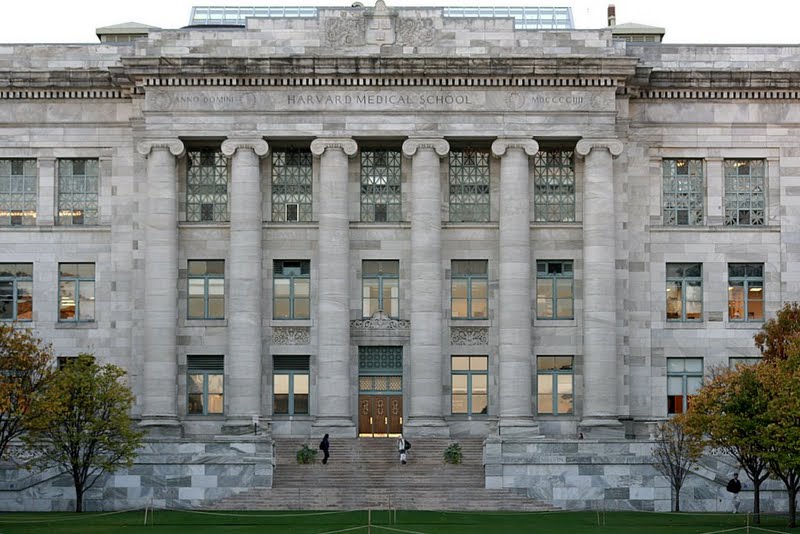The federal judge overseeing the criminal case against former FBI Director James B. Comey brings a career steeped in public defense, liberal jurisprudence, and judicial restraint—qualities that may ultimately work in Comey’s favor as the politically explosive trial unfolds.
U.S. District Judge Michael S. Nachmanoff, appointed by President Joe Biden, has presided over cases involving leaked classified information and MS-13 violence in the famously fast-paced Eastern District of Virginia. Known for long silences and careful listening, Nachmanoff’s restrained style has earned him a reputation as methodical and sympathetic to defendants.
“Always be mindful that judges are no longer advocates,” he said in a 2015 interview, according to The Washington Post. “That means that, a lot of the time, they should be quiet and let the lawyers talk.”
Comey’s arraignment is set for Wednesday, following an indictment obtained under contentious circumstances. President Donald Trump fired U.S. Attorney Erik S. Siebert after Siebert declined to prosecute Comey and New York Attorney General Letitia James, citing insufficient evidence. Trump replaced him with Lindsey Halligan, a former White House aide with no prosecutorial experience, who secured the indictment alleging Comey made false statements in 2020 congressional testimony.
Trump has made no secret of his disdain for Comey, calling him “corrupt” and “guilty as hell.” When Nachmanoff was randomly assigned to the case, Trump posted: “He is a Dirty Cop, and always has been, but he was just assigned a Crooked Joe Biden appointed Judge, so he’s off to a very good start.”
Nachmanoff’s career trajectory mirrors his cautious judicial temperament, noted The New York Times. In the mid-1990s, Michael S. Nachmanoff clerked for one of Northern Virginia’s most respected jurists, U.S. District Judge Leonie Brinkema—a mentor whose disciplined approach would shape his own. After several years in private practice, Nachmanoff joined the federal public defender’s office, eventually taking the helm in 2005 and guiding it for the next decade.
As a defender, his caseload spanned the grim and the sensational. Among his clients was Zachary Chesser, a Virginia man who pleaded guilty to urging violent jihadists to attack the creators of the animated show South Park and to providing material support to a terrorist organization. The case, both lurid and tragic, underscored Nachmanoff’s willingness to represent even the most despised defendants—a hallmark of the constitutional duty he often described as “the purest test of equal justice under law.”
In 2015, Nachmanoff transitioned from advocate to arbiter, accepting appointment as a federal magistrate judge. Six years later, President Joseph R. Biden Jr. elevated him to the district bench.
During his tenure as magistrate, Nachmanoff briefly intersected with the political turbulence of Donald Trump’s presidency. In 2019, he presided over the arraignment of Lev Parnas and Igor Fruman—two associates of former New York mayor and Trump attorney Rudolph W. Giuliani—who were charged with channeling foreign money into U.S. elections to bolster Trump’s political allies. It was a glimpse of the partisan storms that would later surround his courtroom.
With Comey represented by veteran prosecutor Patrick Fitzgerald and defense attorney Jessica Carmichael, and with an inexperienced prosecutor leading the government’s case, courtroom observers expect Nachmanoff’s steady hand—and his defense-minded instincts—to loom large.
[Read More: Harvard Has Another Potential Antisemitic Incident]











Rigged 2 tier justice again
“Biden Appointee To Oversee Comey Trial”. In other words, he’s going to walk.